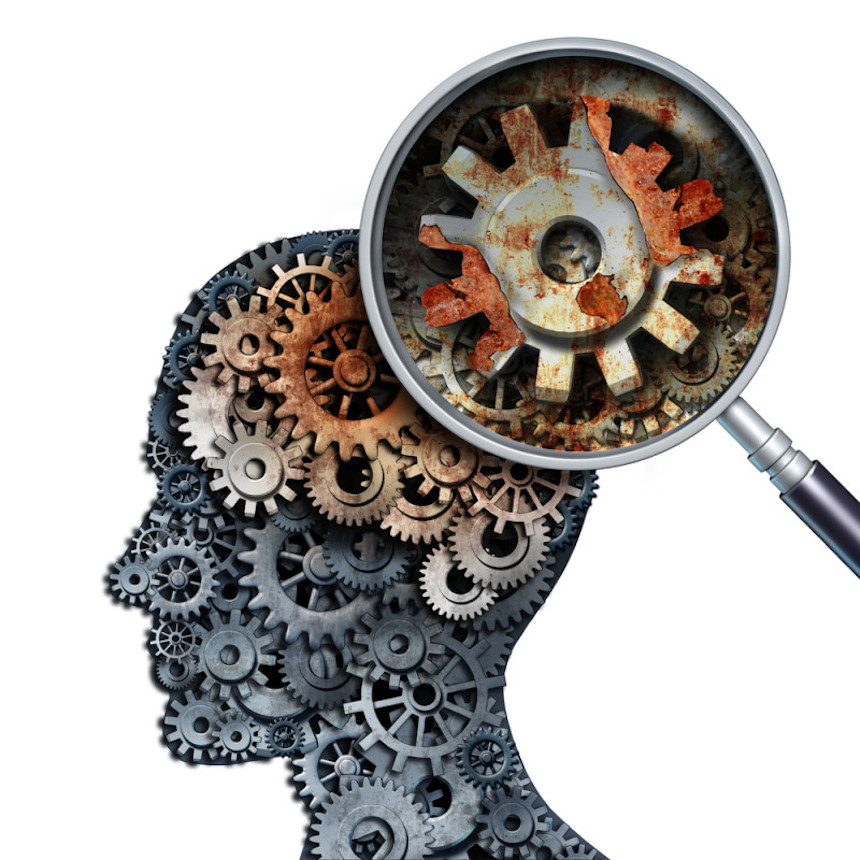

Insomnia and mental health disorders are growing public health concerns. In addition to being highly prevalent, persistent, and recurrent, they cause substantial burden at both an individual and a societal level. Furthermore, both insomnia and mental health disorders typically emerge during adolescence, highlighting the significance of early detection and prevention efforts to avoid loss of functioning and work ability. The association between insomnia and mental health disorders throughout the lifespan is complex, and possibly bidirectional. Although the historical notion remains that insomnia is secondary to, or a symptom of, a depressive disorder, a review of prospective studies emphasized the temporal link between insomnia and mental health disorders. If insomnia is causally linked to onset of mental health outcomes, this link would suggest that successful identification and treatment of insomnia could not only reduce the burden of insomnia itself, but also reduce and possibly prevent many of its adverse consequences, including mental health disorders.
A consensus now exists that psychological and behavioral interventions, such as cognitive behavioral therapy (CBT) for insomnia, should be the first-line treatment option, and are preferred over pharmacological treatments in the management of chronic insomnia. Still, use is limited due to high cost, low availability, and unequal access. Particularly since 2014, internet-based CBT for insomnia has become available and has been successful in reducing insomnia symptoms, and evidence is emerging that CBT for insomnia might improve mental health problems. Still, knowledge is lacking on how such treatments improve patients’ functioning across domains, because previous studies have mainly been small-scale.
In The Lancet Psychiatry, Freeman and colleagues show the contribution of insomnia treatment using internet-based CBT to changes in insomnia and various mental health outcomes. Their study might be the largest randomized controlled trial to address the effects of insomnia treatment on mental health, including less common and more severe symptoms. In short, the study found that treatment of insomnia compared with usual practice resulted in clear changes in insomnia (adjusted difference 4·78, 95% CI 4·29 to 5·26, Cohen’s d=1·11; p<0·0001) and reductions in symptoms of paranoia (−2·22, −2·98 to −1·45, Cohen’s d=0·19; p<0·0001) and hallucinations (−1·58, −1·98 to −1·18, Cohen’s d=0·24; p<0·0001), as well as small-to-moderate improvements of other mental health problems such as anxiety and depression.
The findings highlight the potential benefits of the implementation of easily available and low-cost internet therapies for insomnia. Treatment of insomnia might help reduce the burden of mental ill health and prevent onset of symptoms such as hallucinations and paranoia. The findings add to understanding of the significance of insomnia as a causal factor in mental ill health, and corroborate findings from observational studies or smaller trials.
Although the dropout in the study was large (50%), it corresponds with an earlier, similar, albeit smaller study. In studies in which no direct contact or support are provided by a therapist or group, such as online self-help treatment, high dropout is expected. Moreover, the authors provided compelling analyses assessing the potential effects of dropout and selectiveness, and importantly, outcomes were not associated with missingness.
As opposed to traditional face-to-face interventions, this web-based treatment is more easily accessible to participants as treatment could be accessed at any convenient time or place. All 3755 study participants were university students from the UK. Because this was a homogenous group, the authors appropriately discuss the generalizability to other population groups. The authors argue that because the treatment used and the observed effects were similar to previous studies among general adult populations, the findings might be transferable beyond student samples. Still, a need clearly exists for future studies to address some of the shortcomings that exist in the current published work, including recruiting other demographic groups, and using longer follow-up times, in order to examine whether treatment gains and relapse prevention are maintained. Studies are needed with sufficient statistical power to undertake moderation analysis on smaller patient subgroups, which will expand understanding of which treatment aspects work for which patient populations.
In summary, the evidence on the effectiveness of online CBT to reduce insomnia in students suggests that treatment of insomnia has potential in the improvement of their overall mental health and wellbeing, and online therapy is an effective strategy in reaching wide numbers of participants.

